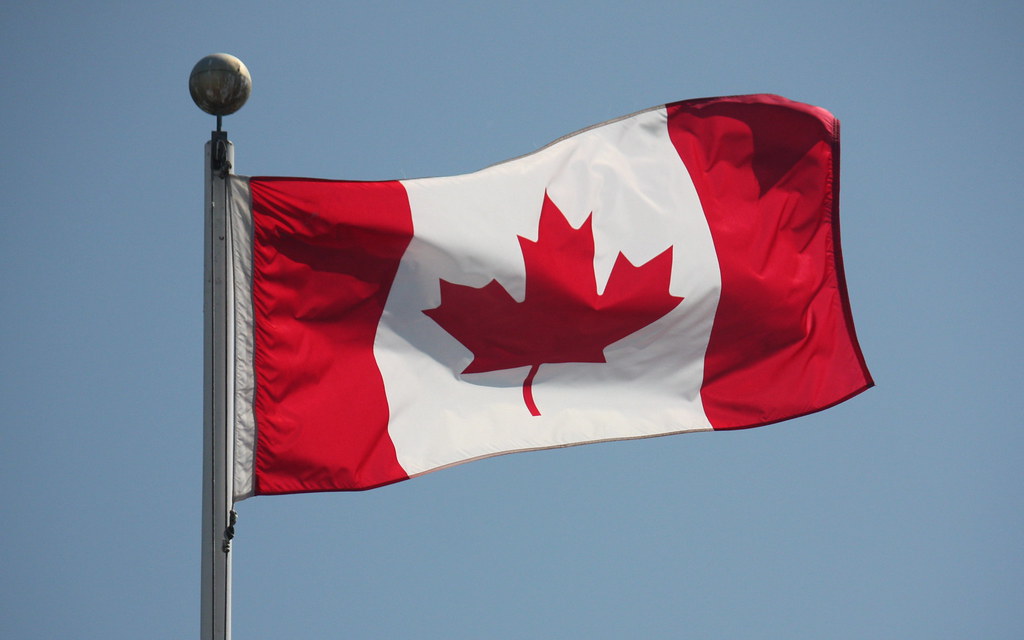Robert Fulford, the distinguished Canadian journalist, recently devoted one of his regular columns in The National Post to some hopeful comments on the prospect of peace between Israel and the Palestinians. Noting that, by all accounts, some Arab states appear to be willing to talk to the political leaders of Israel, Fulford implies that this will bring more good news about a lasting peace.
Iran is an important factor. The principle of my enemy’s enemy is my friend has prompted Saudi Arabia, several Gulf States and others to side with Israel in their joint endeavor to curb the menacing expansionism of Iran. Could this also include peace between Israel and the Palestinians?
Unfortunately, there’s little evidence that the Palestinian Authority (PA) is prepared to compromise for the sake of peace, according to the pronouncements by its President and his entourage. But some Arab states seem not to care enough about the Palestinians and even appear to be ready to throw them under the proverbial bus if that serves their own interests, which now seems to be the case.
Alas, a lasting peace based on the so-called two-state solution isn’t on the horizon. Though the particulars are still under wraps, leaks about President Trump’s reputed deal of the century have angered the PA. Its spokesmen have expressed great opposition, especially as the leaks imply that the plan is about less than a two-state solution.
The leaks also suggest that now when Trump has been so good to Israel – bringing the US embassy to Jerusalem, declaring the Golan Heights Israeli territory, etc. – he’ll demand a high price in his peace plan that Israel isn’t likely to pay. Perhaps in anticipation of this, Prime Minister Netanyahu declared before the recent elections in Israel that he plans to annex the part of the West Bank where most of the Jewish settlements are located. This isn’t a message of peace.
It points in the opposite direction to the notion that the Israelis and the Palestinians are about to settle their dispute. On the contrary. Part of the internal Palestinian tension is the struggle between Fatah that rules the West Bank under President Abu Mazen and Hamas that rules Gaza (which should have to be part of a two-state solution with Israel facilitating a physical link between the two parts). It seems that at present, in the midst of ongoing clashes on the border between Israel and Gaza, Israel is negotiation with Hamas to the chagrin of the PA.
Those who had hoped that Israel would be prepared to compromise by allowing the creation of a Palestinian state with the Jewish settlers either being evacuated (as it happened when Israel withdrew from Gaza) or enabling them to continue to live where they are as an Israeli minority in an Arab state – the way Arabs now live as a minority in the Jewish state – must have recognized that the result of the recent elections in Israel – when proponents of a two-state solution lost heavily – have made that impossible. The defeat of the Israeli Left is a heavy blow also to the peace process.
Of course, the above reflections may be proven wrong once the Trump plan appears sometime in June (after the Muslim month-long Ramadan festival) and will be met with enthusiasm on all sides. I pray that this may happen and will be delighted to apologize to Robert Fulford for my pessimism. However, neither the leaks by the Trump team nor the steps taken by several Arab states are enough to make for hope. They’re, however, indicative of Israel’s growing strength in the region and beyond.
Republished from San Diego Jewish World


























